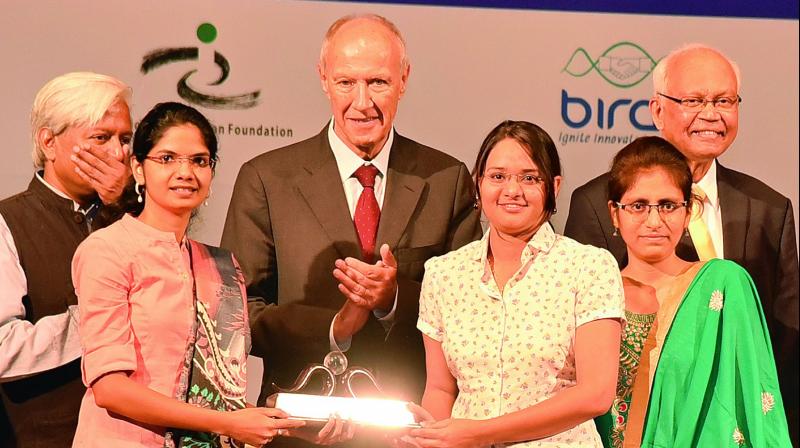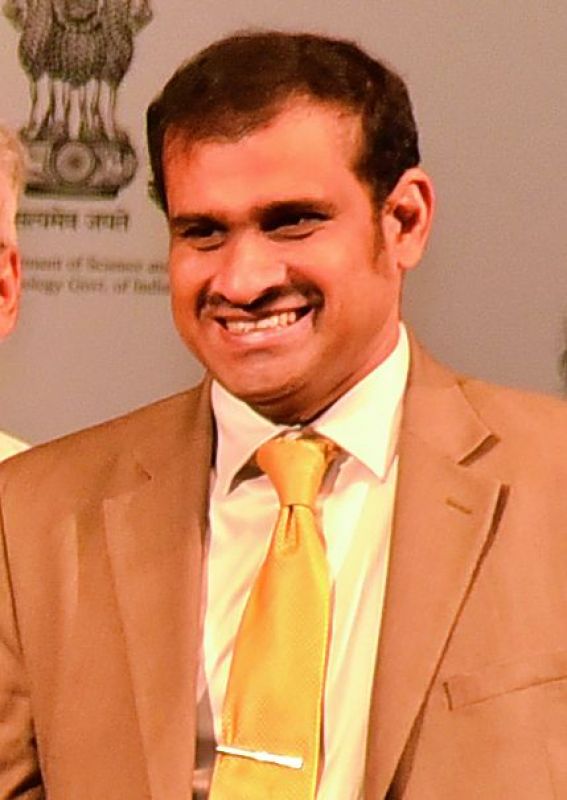Cutting costs, saving lives
An innovation by a team from CSIR-IICT has resulted in inexpensive production of dialysis fluid.

With a rise in the number of Indians suffering from diabetes, the price of dialysis fluid is a matter of concern. Thanks to an innovation by a team from CSIR-IICT, Hyderabad, the cost of the liquid required for making the dialysis fluid has reduced to one tenth.
For this, Dr S. Sridhar, Principal Scientist and Project Leader, Membrane Separations Group, IICT, and his team received the Gandhian Young Technological Innovation Award, instituted by National Innovation Foundation (NIF), India and Society for Research and Initiatives for Sustainable Technologies and Institutions. Sridhar’s team received the award for their innovation in Design of Highly Efficient and Inexpensive Membrane Equipment.
“I was interested in Chemistry from a young age and it was my mother’s idea that I do something for the society. My first social venture was to set up water filter plants in remote villages and schools. It all started when I saw a few children in the Nalgonda district drink water directly from a mucky pond. In one tribal village in Rachakonda, there was not enough voltage for the plant to work. Pipes would get burnt due to this. With persistence, we were able to provide clean water to people there,” says Sridhar.
 Dr S. Sridhar, Principal scientist and project leader
Dr S. Sridhar, Principal scientist and project leader
Y.V.L. Ravikumar, the principal technical officer, says, “The innovation helps to prepare ultra-pure water for saline, dialysis fluids in hospitals, and has many more uses.”
Elaborating on the experience, Harsha Nagar, a 26-year-old senior research fellow with IICT says, “We were working on the project since the past two years apart from working on our individual PhD projects, so it was challenging, but worthwhile.” Shaik Nazia, another team member concurs.
Madhumala, a 29-year-old research associate recalls, “We wanted to get the system from the labs to the lands, so we made sure that the size of the equipment is user friendly — it’s only 2x2 feet,” she says. Further sharing the team’s work, Dr Sridhar says, “The system is low on maintenance when compared to multinational companies that charge '1 lakh per annum. Some of the systems have been successfully installed in IICT, JNTU and NIPER Laboratories. and for bulk production; the order has been given to a Delhi based organisation.”

